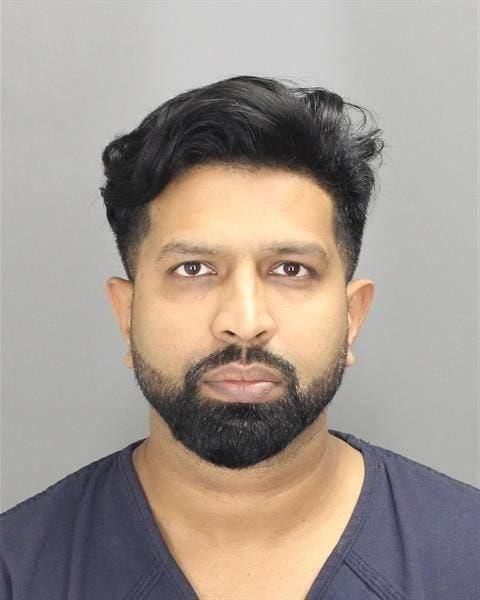A Case of Double Standards: Oumair Aejaz
Oumair Aejaz, a devout individual from Bengaluru, felt he couldn't live safely in India and chose to relocate to the U.S., where he pursued a career in medicine. However, instead of being a model professional, he committed horrific acts, including filming and assaulting patients, some as young as two years old. The discovery of just one of his hard drives revealed over 13,000 videos, focusing on non-Muslim women.
What’s striking is how the media chooses to label him. In reporting his crimes, he's referred to as an "Indian doctor." Yet, had he achieved something positive, the same outlets would likely celebrate him as a "Muslim doctor." The inconsistency is glaring.
This situation highlights a broader issue with how narratives are shaped depending on the story being told. It's a reminder of the selective ways in which identity is emphasized or downplayed, depending on the context.
Oumair Aejaz, a devout individual from Bengaluru, felt he couldn't live safely in India and chose to relocate to the U.S., where he pursued a career in medicine. However, instead of being a model professional, he committed horrific acts, including filming and assaulting patients, some as young as two years old. The discovery of just one of his hard drives revealed over 13,000 videos, focusing on non-Muslim women.
What’s striking is how the media chooses to label him. In reporting his crimes, he's referred to as an "Indian doctor." Yet, had he achieved something positive, the same outlets would likely celebrate him as a "Muslim doctor." The inconsistency is glaring.
This situation highlights a broader issue with how narratives are shaped depending on the story being told. It's a reminder of the selective ways in which identity is emphasized or downplayed, depending on the context.
A Case of Double Standards: Oumair Aejaz
Oumair Aejaz, a devout individual from Bengaluru, felt he couldn't live safely in India and chose to relocate to the U.S., where he pursued a career in medicine. However, instead of being a model professional, he committed horrific acts, including filming and assaulting patients, some as young as two years old. The discovery of just one of his hard drives revealed over 13,000 videos, focusing on non-Muslim women.
What’s striking is how the media chooses to label him. In reporting his crimes, he's referred to as an "Indian doctor." Yet, had he achieved something positive, the same outlets would likely celebrate him as a "Muslim doctor." The inconsistency is glaring.
This situation highlights a broader issue with how narratives are shaped depending on the story being told. It's a reminder of the selective ways in which identity is emphasized or downplayed, depending on the context.
0 Комментарии
0 Поделились
995 Просмотры
0 предпросмотр


